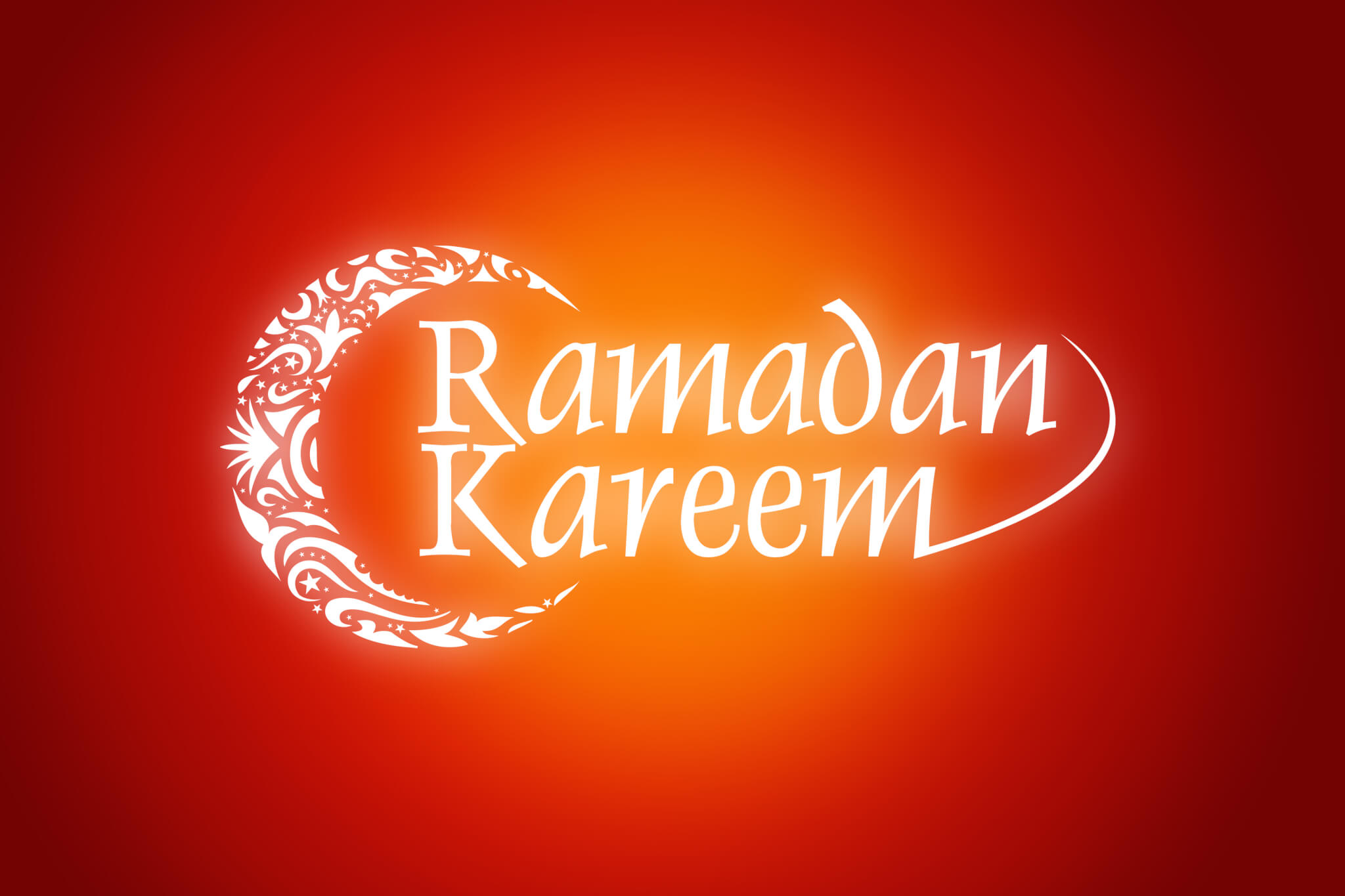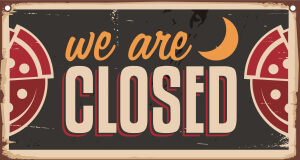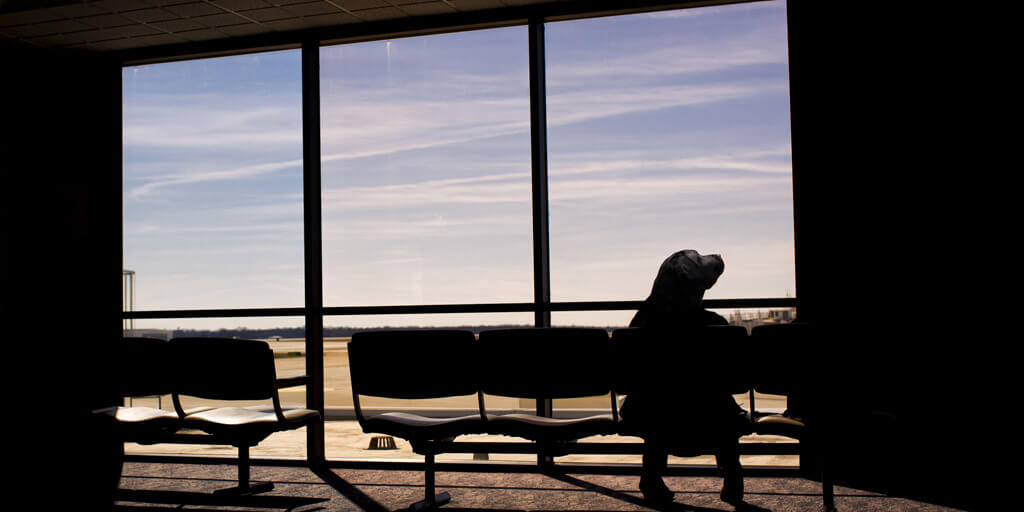What is Ramadan and how will it impact my vacation?
The flight from Tenerife, Spain was loaded with Spanish speaking tourists, excited to see and experience the exotic Moroccan city of Marrakech, one of the four Moroccan imperial cities and home to Djemaa al Fna. Unfortunately the reason I was in Spain in the first place was to get away from what these poor souls were about to experience when they got off the plane; Ramadan. Confused looks, hushed whispers and even some arguing ensued among the travelers. They were all trying to answer the same question: Why is everything closed?
Let’s assume you know what Ramadan is. If not, you can read more here to get up to speed.
If you’re in a Muslim country, then you too will be expected to observe Ramadan or face the consequences; which can range from deportation, termination of work visa, jail time or lashes depending on how observant the country is. Typically the closer you get to the source of Islam (Saudi Arabia) the stricter the rules are and you’ll find the religious police are more prevalent.
How will this affect your vacation?
Fasting times start before sunup, and end at sunset (approximately 3:30 in the morning to 7:45 pm). During that time there is to be no eating, drinking, smoking, sex (to include thinking of sex, which means ladies must cover up), etc.
Bottom line: Finding food will be more difficult. If you’re not in a city or touristy area then you will most likely be participating as well since you won’t be able to get food outside those hours.
So how do you prepare?
- Step one: Establish if you are traveling to a Muslim country. Muslims must participate in fasting during ramadan no matter where they are, and if you’re in a Muslim country, you’ll be participating as well.
- Step two: Know the dates. This is tricky if you have a short travel window with little flexibility as the exact start and end dates coincide with the moon… ie; in some countries nobody/nobody will tell you until a couple days beforehand. Buy an almanac and hope for the best.
- Step three: Know what the rules and penalties are for the region you’re traveling in. Morocco is much more lenient on non-Muslims than say… Saudi or UAE.
- Step four: Decide if it’s worth it. Maybe you should go to Spain instead… Acorn fed Iberian ham is DELICIOUS and available 24/7.
- Optional step: Show up and flip your sleep schedule by 12 hours: Stay up all night eating with the locals since restaurants and stores all open up around 9pm and then sleep all day.
Politesse points:
- If you find an open restaurant try and eat inside away from the street.
- Western hotels will often offer breakfast as usual for their western clients. Take advantage of this if you’re staying in one of these hotels, or mosey on over to one if you’re not.
- As a foreigner, everyone/EVERYONE will want to tell you what Ramadan is and then ask if you’ll be fasting. “Bookra, insh’allah” (tomorrow, God willing) is the polite way to say no.
If you’re up for a good fasting, then this could be the way to go. But… while fasting can be healthy, subsequently gorging yourself all night… not so much… Which would explain why most of the locals actually gain weight during Ramadan. In the end I would suggest scheduling around Ramadan if at all possible.
Have you spent Ramadan in a Muslim country? How did you adapt/overcome/participate?
Want more?
If you found this helpful, subscribe for more advice, updates and get our latest content by email.




